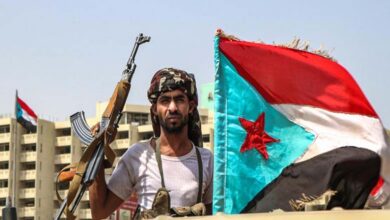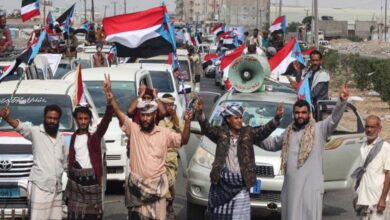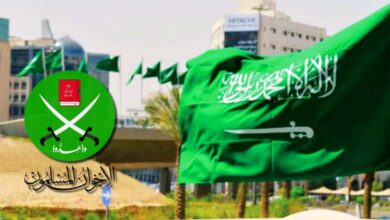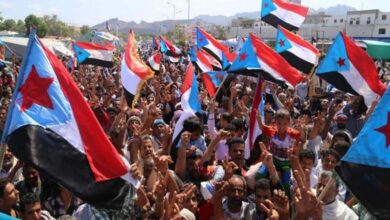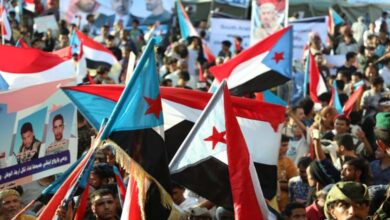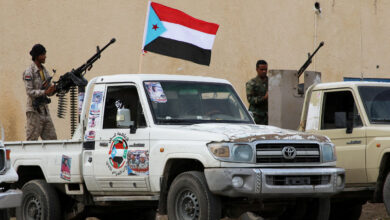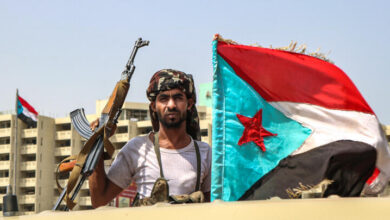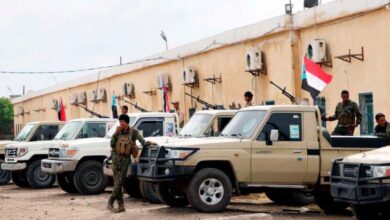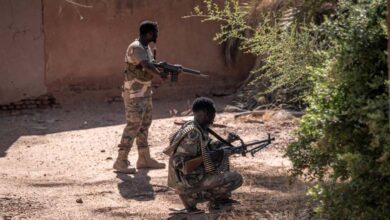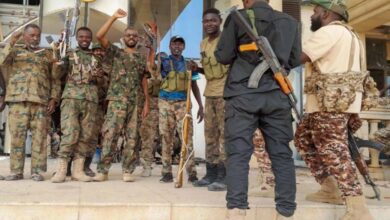Settlement in Sudan sets the pace with Dogolo: We will not accept a fake peace
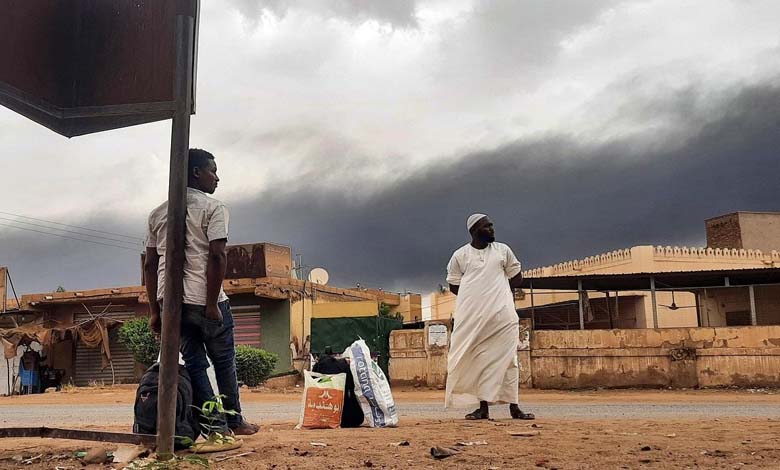
General Mohamed Hamdan Dogolo, known as Hemeti, the commander of the Rapid Support Forces, delivered a series of messages in a video on Thursday evening to the American and Saudi mediators, the army, and the armed movements, stressing that his forces will not accept a “false peace.”
Dogolo’s speech came in the midst of a new round of negotiations that began this week between the Rapid Support Forces and the Sudanese army in Jeddah, under American-Saudi sponsorship, after a suspension of nearly four months following the army’s withdrawal from the negotiations. Sudanese people hope that the new round will lead to a halt to the war that has been ongoing for over six months.
Observers say that the phrases in the speech by the commander of the Rapid Support Forces reflect an increasing sense of strength, in light of the successive battlefield victories achieved by his forces on several fronts, including the capture of several army headquarters in Nyala, Darfur, and Khartoum in the past few days.
Dogolo, who appeared in a video addressing a new batch of Rapid Support Forces, stated, “All eyes are now on the negotiations in Jeddah. We are with peace, but not with false peace.” He added that the Rapid Support Forces will not accept a false peace where the army prepares for war by purchasing aircraft, drones, and training mobilized forces.
He attacked the army’s leader, Abdel Fattah Al-Burhan, saying that he was behind all the coups that were thwarted during the transitional period, and stated that he is a tool of the Islamists and obeys their orders.
Dogolo explained that the Islamic movement, especially its leader Ali Karti, Osama Abdullah, and Salah Gosh, are the ones controlling Al-Burhan. He noted that the targeting of the Rapid Support Forces is due to their participation in the change on April 11, followed by pressure to sign the Juba Peace Agreement and the Framework Agreement.
Hemeti accused Al-Burhan of orchestrating tribal conflicts in recent times in the Red Sea State and the regions of Blue Nile, Darfur, and Kordofan to remain in power.
Remnants of the previous regime of Islamists stand behind the outbreak of the war between the army and the Rapid Support Forces on April 15, with the goal of muddling the situation and blocking the path to transferring power to civilians.
The remnants hoped that the ongoing war, which has resulted in tragedies, would achieve their goals of returning to power. However, observers believe that the course of the ongoing conflict is not in favor of the desired goal. The conflict has turned into a major drain on the army, as the Rapid Support Forces enjoy a significant advantage on the ground, with a strong presence, which is reflected in the significant progress they have made on multiple fronts. They are now on the verge of gaining complete control over the strategic Darfur region.
Forces of the Rapid Support are imposing a siege on the city of El Fasher, the capital of North Darfur province. This comes just a few days after they took control of Nyala, the capital of South Darfur state, and integrated it with Zalingei, the capital of Central Darfur, and took control of El Geneina, the capital of West Darfur.
If El Fasher falls, the Rapid Support forces would have completed their control over the strategic region, opening new supply routes and increasing their chances of securing all of Sudan’s states.
Given the current situation on the ground, observers say that the Rapid Support has become the stronger party in the equation, and many factions, especially armed movements in Darfur, will find themselves compelled to interact with the ongoing changes.
General Dogolo highlighted the armed movements in his speech and stated that the Joint Force belonging to the armed movements in Darfur should work alongside the army in areas controlled by the army until the Rapid Support forces take control of these areas. They should then work alongside the Rapid Support in maintaining security.
He called on the armed movements to engage in securing the areas controlled by his forces. He also asked them not to allow the army to turn to them in case they flee from confronting the Rapid Support, as happened in El Fasher last Wednesday.
In recent times, some armed movements, especially in Darfur, have taken noteworthy positions, such as the Sudan Liberation Movement whose leader and governor of the region, Mini Arko Minnawi, confirmed that he is in contact with the “brothers” in the Rapid Support forces. A few days before that, the Sudan Liberation Movement led by Jibril Ibrahim and the Justice and Equality Movement distanced themselves from a statement signed by the armed movements describing the Rapid Support forces as “rebel militias.”
Observers believe that the messages sent by Dogolo to the armed movements may expedite these movements in making their stance toward cooperation with the Rapid Support, especially since the balance on the ground is almost entirely in favor of the latter.
Observers also point out that the army’s leadership has revealed its inability and has yielded its decision-making to remnants of the former regime. If the pro-army armed movements insist on their position, they might risk causing defections among their ranks.
Dogolo ridiculed the description of his forces as foreign mercenaries coming from Niger and, at the same time, confirmed social interaction between Sudanese and neighboring countries.
He expressed his surprise at the continued involvement of individuals in the army who are not affiliated with the Islamic Movement in the fighting. Hemeti advised his forces to fight the renegades and not infringe upon the dignity and property of citizens in the areas and cities controlled by the Rapid Support forces.
He called on the displaced people and refugees to return to their areas and pledged to protect them. He also called on the citizens in the areas controlled by his forces to choose civilian administrations from among the residents of these areas, provided that no members of the dissolved National Congress Party are chosen.
He called on the security agencies to operate normally in the areas where the Rapid Support forces have established their control.


